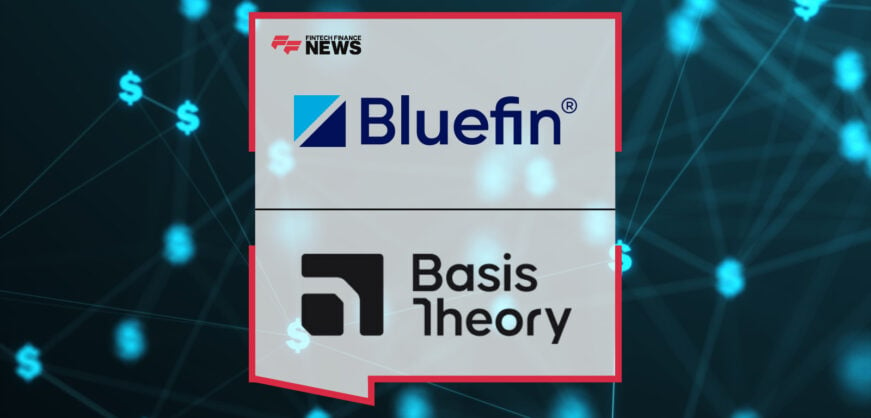Breaking News

A radical Rethink of Transaction Payment Systems for Europe
Transaction payment systems have become a real problem for European banks.
Firstly, they seem to be increasingly vulnerable to cyber-attacks, with the latest being SWIFT.
Next, is the hold that a small number of card companies and their old-fashioned pieces of plastic, have over the banks.
Last, but by no means least, is the threat posed by Google, Amazon and Apple, all of whom are encroaching on banks’ core transaction business, with phone app wallets and other mobile financial services.
Banks and merchants are powerless to prevent a percentage of every single card transaction being given away to the four big card companies – Visa, Mastercard, American Express and Diners. They are forced to pay for the technology and to work with the suppliers.
As if that weren’t bad enough, wait until the tech giants start to firmly establish themselves between bank and customer. Once this happens, cash will start to leave the banking system in the billions, forever. And banks will be paying to let it happen.
ApplePay is a great example of what is going on and should act as big wake-up call for banks.
Here’s why.
Like traditional card companies, Apple charges fees to the retailer and imposes the use of its own technology. Customers hold a balance in a “wallet” – a digital account.
These balances, which are typically used to pay for smaller items such as lunch or a newspaper, are already sucking out money that was previously held in traditional bank accounts. ApplePay is also launching a new peer-to- peer feature that allows customers to send money to friends and colleagues. Once a friend sends another friend money through this P2P feature – to split a bill, for example – this will see more and more people initiated into the service, resulting in turn in more merchant payments via Apple Pay.
Moreover, once the Revised Payment Service Directive (PSD2) comes into effect next year, Apple will be able to offer consumers additional services. By marrying its own data with that of the banks, Apple will be able to build detailed customer profiles and create highly tailored, targeted offers for its customers.
Banks are clearly at the mercy of card companies and the tech giants. But it doesn’t have to be that way.
Banks could sidestep the card companies and tech giants in payment transactions, just by giving customers a simple mobile phone app that included a payment solution.
It’s time to bin the plastic
Blue Code, for example, could be an ideal solution; a payment solution that can be integrated into a bank’s own mobile banking app.
It uses a one-use numeric token that is displayed as a barcode. Whenever a customer wants to buy something, the barcode is read by a regular scanner at the point of sale.
The barcode is sent, along with the merchant code, to the bank, which settles the bill. The code is only valid once and expires within four minutes. No data about the customer leaves the bank.
It’s secure, quick and easy, and means that banks and customers can protect their data and their bank balances.
In 18 months, it has become accepted by more than 85% of Austrian food and drink establishments. Many of the largest banks in Germany and Austria have adopted it. Vending machines in Austria are also already starting to accept it and Oktoberfest has officially adopted it as its only means of mobile payment.
Protecting Europe’s data
But, innovators like Blue Code are about much more than payment systems. They’re about data protection and the future of banks.
Let’s start with data protection.
Solutions like Blue Code mean that no customer data leaves the bank and no third party collects the customer data from the transaction, to sell to others. There is no chip or pin number that could be stolen and no card to lose. Data remains secure in the bank, in just one place.
Next, the future of European banks. These innovations allow banks to remain relevant to their customers and keep tight control over their costs.
Furthermore, with Blue Code, since the data is anonymised, it complies with all of the data obligations that a bank has, say, under GDPR, in terms of keeping data safe and within national borders.
Why? Because Blue Code triggers an anonymous payment process directly from the customer bank account. No personal data is stored or transmitted on the smartphone, so banks keep their role as intermediaries/facilitators in the transaction process. Therefore, balances stay within the banking system, and customer data gleaned from those transactions will remain with the banks, allowing them to provide better, more tailored services.
A win-win- win
In short, there is a clear gap for a new European payments scheme. One with a better, cheaper service to customers and merchants, and a continued role for banks as intermediaries.
By adopting a technology like Blue Code, Europe’s banks, merchants and customers would enjoy a win-win- win situation.
For consumers, it works with any smartphone, even prepay. The process is anonymous, so there is no threat of ID theft and other fraudulent uses, it’s compliant with data protection, and can be linked to multiple retail reward schemes, meaning that the customer can leave all of their cards at home.
For the merchant, there is no hardware upgrade needed (since they already have scanners) and it’s likely to save them money while potentially making customers stickier through the loyalty card tie-in.
For banks, it means they can it can open up new revenue streams by digitising cash payments and enables them to retain more of their data.
The rapid adoption of Blue Code in Austria and increasingly in Germany shows that it is a worthy winner of the jury prize at this year’s Temenos Community Forum. It is already on Temenos’ MarketPlace, ready for integration into banks’ core systems.
Written by Ben Robinson, Chief Strategy Officer, Temenos
- Bluefin and Basis Theory Partner to Enable Unified Tokenization Across Digital and In-Person Payments Read more
- Invest Bank and AUTON8 Build Partnership to Drive Digital Resilience and Banking Agility Read more
- ING’s AI Roadmap: Platform, People, and Agentic AI Read more
- UK-fintech Provided Over £17.5m in Emergency Wage Advances to More Than 55,000 Employees in the Last Year Read more
- TreviPay Announces AI-Powered Growth Center to Help Enterprises Predict Buyer Behavior and Drive B2B Sales Read more










